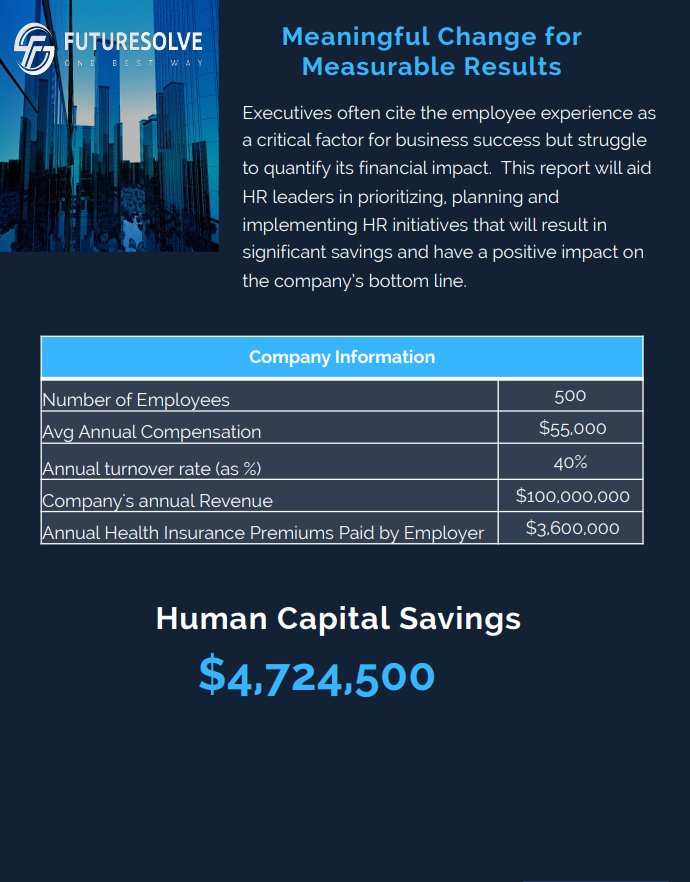The global pandemic has disrupted economies and industries across the world. Human Resources (HR) has been at the heart of the global disruption. With companies all around looking for recovery mechanisms, the role of HR is becoming even more crucial.
The overall role of Human Resources and its day-to-day operations have undergone major shifts –especially due to the exponential growth of remote work as a response to the COVID-19 pandemic. Let us help you find out the role of the HR industry in the ongoing pandemic situation.
Why does HR Matter More Than Ever?
Amidst the pandemic, HR professionals are expected to guide the respective employees and organizations through transitioning to a highly distributed and digital work environment. Additionally, they were also required to learn how to be successful and productive in the respective roles while working from home. Both the situations require HR professionals to get access to new skills towards completing tasks they were not necessarily prepared to confront.
During the pivotal shift to the digital workplace, the role of the HR industry has changed significantly. HR is expected to redesign as well as reimagine the manner it functions within the workplace.
Has the Pandemic Changed the HR Industry?
As per a recent survey, it is observed that 43 percent of HR professionals understand that the role of HR has changed due to the pandemic. A majority of them reveal that their roles have become more challenging. A major part of the challenge arises from the fact that Human Resources continues playing a significant role while dealing with challenges related to human capital and sustainability issues put forth by the pandemic.
In simpler words, it can be said that Human Resources has become highly critical in the modern era. As a matter of fact, Human Resources has become one of the most critical functions for any company in the unprecedented times. In addition to guiding the companies through the transition of serving as virtual workplaces, HR is also responsible for driving strategic planning for the future.
What are Some of the Main Changes?
With the all-new role, there is the need for HR professionals to learn new skills for succeeding. Some of the core HR industry trends to observe are:
#Hybrid Workforce
COVID-19 has fast-tracked initiatives related to strategic work towards addressing a diverse workplace and fueling digital transformation. Organizations are re-imagining the workplace strategy with focus on social distancing, flexibility, safety, cost reduction, and the overall employee experience.
The modern office has been designed around the concept of productivity at its core. The strong support for hybrid work models is due to the number of benefits for businesses and workers alike. In a study, employees reported better work-life balance along with effective schedule control and reduced stress.
#Virtual Recruiting and onboarding
Online recruiting and aspects of the onboarding process were less frequently online before the pandemic. However, over the course of time, a number of organizations had to take the entire set of processes online.
A new era of recruitment has come up with job fairs and hiring events moving completely online. Moreover, organizations are also building out processes related to remote onboarding that improve their ability to hire outside the geographical bounds.
#New Leadership Methods
HR has long desired to consume a seat at the leadership table. It appears like the ongoing pandemic might have pulled up an extra chair for the leaders of the organization. It is observed that the function of HR in the crisis remains akin to the role of CFO or Chief Financial Officer. It is estimated that in the near and upcoming future, it is going to be the HR department that will be leading the organization through crisis preparation and response.
The manner in which the HR department responds will help in determining whether or not a company will survive the next global crisis.
#Different Employee Experience
The returning phase of the ongoing crisis is a great time for organizations to create highly personalized responses to workplace challenges. Organizations aim at expanding on rewards and goodwill earned during earlier phases. Most organizations have implemented a great job towards addressing the basic needs of the employees with respect to stability, security, and safety during the different phases of the crisis. However, these needs are evolving –requesting for a highly sophisticated approach as organizations continue entering the next phase.
As an organizational leader, you are expected to ensure changes recently for addressing the most pressing needs of the employees. Build on affiliation and trust you have earned, it is expected to be action-oriented, fully transparent, empathetic, and present.
#People Transformation
In the past few years, we have observed a rise in data-driven decision making as a major behavioral change across all industries. In such a case, HR is no different. Workforce analytics allow HR to analyze employee engagement, experience, and satisfaction. For staying competitive in the complex and modern business landscape –especially due to COVID-19, organizations can continue leveraging analytics for predicting the workforce requirements.
It also helps with better optimizing revenues and reducing costs. It is also expected for people to become highly reliant on analytics for measuring and monitoring workplace productivity and performance.
#Personalized Rewards
The impact of the pandemic has left several businesses with significant debt levels, minimal to no revenues, increasing costs, and weak balanced sheets. Therefore, they are forced to take effective measures towards cutting costs by temporarily reducing or deferring employee benefits and compensation.
Most organizations will look forward to attracting and competing for top talent for helping in steering the ship towards a major shift. It helps in incentivizing employees for performing at a higher level while also maintaining a competitive and healthy environment.
Conclusion
Due to the effect of the pandemic on the overall economy, organizations have been forced to instantly transform as well as adapt to the all-new normal for surviving effectively.
https://www.pwc.com/m1/en/publications/how-the-new-normal-shaping-future-hr.html
https://www.shrm.org/hr-today/news/hr-magazine/fall2021/pages/pandemic-expands-role-of-hr.aspx
https://www.hrexchangenetwork.com/employee-engagement/articles/never-going-back-7-ways-the-pandemic-has-changed-hr-forever





























